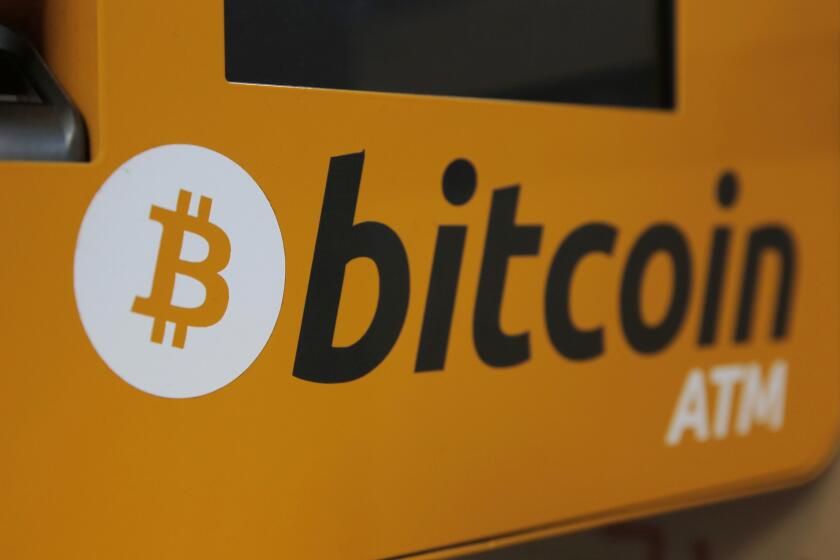Apple, Google gear up for mobile-wallet war
Apple and Google appear to be headed toward a new fight, this one involving mobile wallets.
Earlier this week, pictures surfaced of a chip located toward the top of what appear to be parts for the next iPhone. Many believe this chip is for Near-Field Communication technology — or NFC — which allows phones to connect in close range using radio communications.
An example of what NFC can be used for is mobile payments, which Google already does with its Google Wallet service.
But the pictures of the purported iPhone chip has some people believing that Apple is preparing its own mobile payments system to compete against Google Wallet.
In June, Apple announced a new app called PassBook, to launch on its iOS 6 operating system sometime this fall. So far, Apple has said PassBook will keep your coupons, boarding passes, movie tickets and other types of things you’d keep in your wallet.
At the same time, Google said it wants Google Wallet, which launched last year, to do some of the same functions. Google Wallet’s head of product management recently said that he would like to see Google Wallet be able to store items you’d normally keep in a real wallet.
“We want it to be an electronic wallet that holds all your payment cards, loyalty cards, gift cards, but also other types of digital objects — things that you have in your physical wallet today,” said Google’s Robin Dua. “Things like identification, as an example, or the transit pass that you use every day. Also boarding passes and other forms of loyalty and so forth.”
Some of those objects are already included on Google Wallet; others are items Apple has planned for PassBook.
ALSO:
Stunning video shows Curiosity’s descent to Mars
How to sell your iPhone 4 for enough cash to buy an iPhone 5
Apple-Samsung jury foreman says evidence ‘spoke overwhelmingly’
Follow Salvador Rodriguez on Facebook, Twitter or Google+
More to Read
Inside the business of entertainment
The Wide Shot brings you news, analysis and insights on everything from streaming wars to production — and what it all means for the future.
You may occasionally receive promotional content from the Los Angeles Times.









